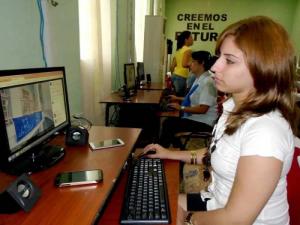
The Granma Newspaper answers 10 frequent questions of the population regarding the informatization of society
Last July 4th, a series of standards were issued to organize the informatization of society. This was done through a decree-law, two decrees, an agreement of the Council of Ministers and six dispositions.
Concerning some of the doubts of the population linked to these legal actions, Granma interviewed Miguel Gutiérrez Rodríguez, General Director of the Informatics Office of the Communications Ministry.
-One of the issues that awaken most interest is that of digital certificates, what exactly are they and how do you access them?
-Digital certificates are means of ensuring a person's identity on the Internet, both from a technical and legal point of view. Broadly speaking, they are important elements for providing safe services over the Internet.
"Their usage availability is in the process of implementation, which will be announced in due course. The Decree-Law 370 enables its approval and use, now it must be properly implemented".
-Will it be mandatory to use electronically signed digital documents with the utilization of digital certificates of the National Public Key Infrastructure?
-That will be progressively implemented, therefore, the conditions of legalization and assimilation of the digital document must be created and the issued standards do not establish the mandatory nature of its use.
"In cases in which its mandatory use is established, it must comply with the standards of the National Public Key Infrastructure".
-In which development stage is the national platform that will encourage the creation of content and ensure the possibility of socializing that content? Has the Ministry already decided to use an existing one?
--It is not a question of developing a national computer platform as an application, but of creating the necessary conditions for this activity, in terms of organization, training of human resources, possibilities of access to these contents, etc.
"However, there is an expression of this idea in applications that allow socializing content effectively, like the blogging platforms of Joven Club and those of the Computer Science University: Todus, apklis, and Picta".
-One of the goals of the informatization process, which is reflected in the standards, is the migration towards free software. What will happen with those devices and hardware, in general, that do not support it?
-The migration is carried out according to the principle of rationality, according to the Guide for migration to Open Source. Every case will be specifically evaluated to apply the best solution for each one. The standards allow the exceptional authorization of extending the time limits for migration as long as the objective conditions for its realization do not exist.
"The migration is a gradual process that we have to progressively go through in the country and in agreement with the conditions. For the time being, a three-year deadline has been set for the migration of applications to be found in the bodies and agencies of the Central State Administration and the Central Bank of Cuba. The standard sets out exceptions where necessary".
-Will there be training on the use of free software?
Both Decree-Law 370 and Decrees 359 and 360 declare the will of the State to advance in the process of assimilation of nationally manufactured IT products, preferably in free software. To achieve this ambition, several actions are being undertaken to contribute to their approval and use. The people who require it will be trained and for this purpose, measures are being taken through various parties. For example, Joven Clubs have the training capacity and their staff is trained to teach these types of courses, as well as the Computer Science University and other entities.
"Nowadays, these subjects, together with others such as e-Government, are applied in majors related to the fields of specialization and a process of assimilation and structuring of the curricular design of the careers where the learning of these subjects is included must begin. Their implementation will also be gradual because the staff that is going to teach those subjects must be prepared first".
-The companies engaged in the production of IT devices in the country ensure that these pieces of equipment incorporate nationally produced software and applications. Does this also include those devices that are being sold to the population?
-Yes, it includes devices that are sold to the population, so when they are produced they will feature national productions and it is an appropriate way of extending the use of their applications, such as Todus, apklis, and others that have been accepted by users. However, this is a learning process, in which we must all increase our knowledge about the subject.
"The Cuban population has high-quality basic training that facilitates the assimilation of technological changes. Additionally, companies have a responsibility in adopting their products' technology and must be creative in this regard. Likewise, Computer Science Joven Clubs have the potential for training distributed throughout the national territory.
-In the case of the enforceability of the national anti-virus, is there a deadline for this?
-The mandatory use of the national antivirus, by legal persons, is of immediate compliance.
-Regarding the registry and marketing of software, is it only for those produced by the state?
-Registration for the marketing of computer applications is for both natural and legal persons. In the case of natural persons, the registration does not enable the marketing authorization, since such activity can only take place through or for self-employed work for this to be approved.
-How will control be kept over challenged sanctions against natural or legal persons who violate ICT Security requirements?
-There are managerial controls to ensure this follow-up and it is not an issue that is dealt with separately, but in coordination with other bodies.
-Article 68 of Decree-Law 370 raised concerns, specifically regarding the hosting of sites on foreign servers, which were not mirrors or replicas of the main site on national servers. At the time, the Ministry explained that, in the case of natural persons, it referred to national service platforms and applications offered on the Internet and used by citizens, not to blogs, personal or informational sites. Given this statement, will the wording of the Decree-Law be modified?
-The Decree-Law is clear in its wording and will not be updated, at least for the time being. It is in its implementation that the issues on which clarifications were made apply.





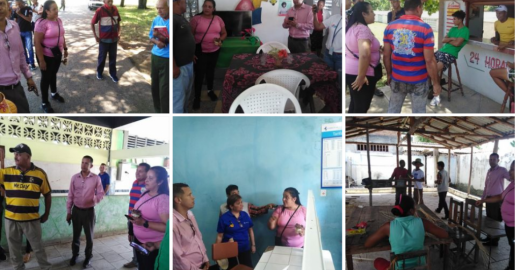
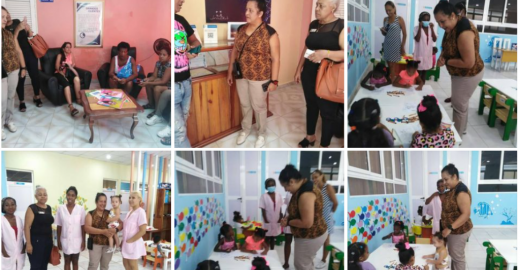
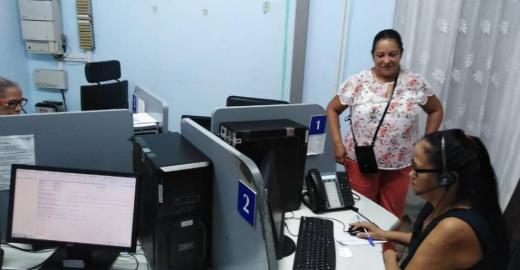



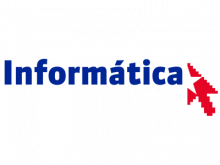

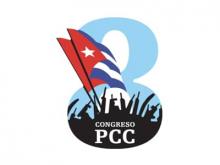
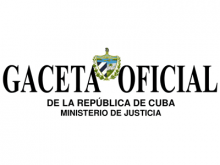
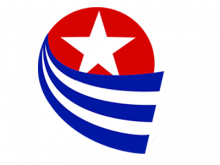
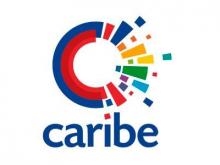
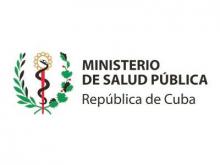
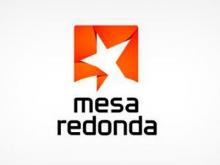
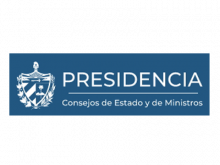

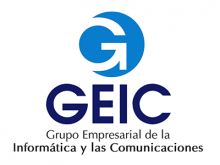
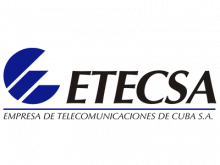
Publicar nuevo comentario